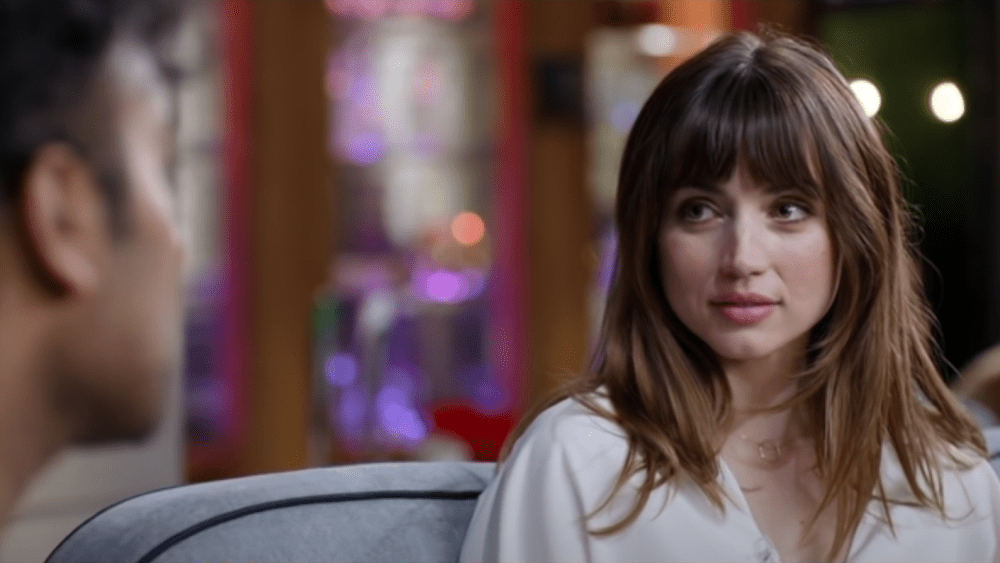Alex...
Senior HTF Member

Ana de Armas Fans’ Lawsuit Puts Studios at Risk Over Deceptive Trailers
Movie studios can be sued under false advertising laws if they release deceptive movie trailers, a federal judge ruled on Tuesday. U.S. District Judge Stephen Wilson issued a ruling in a case invol…





